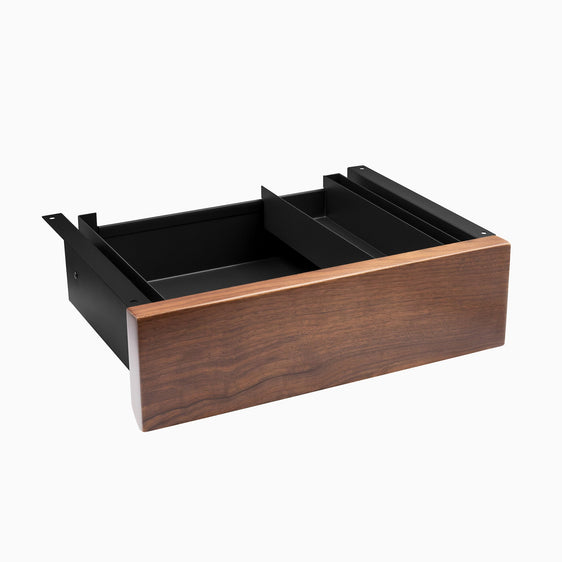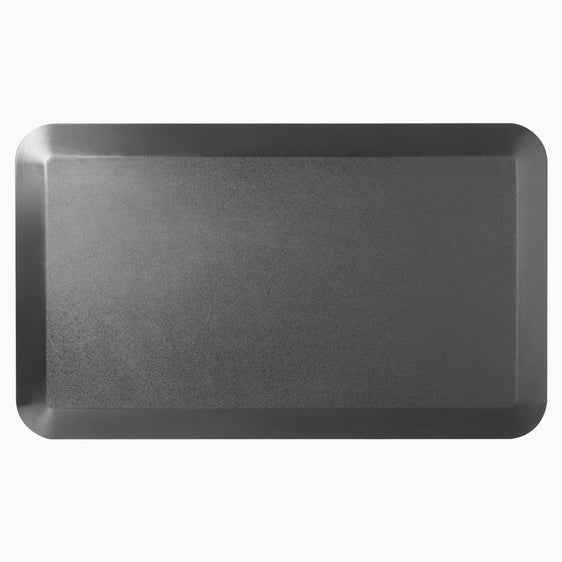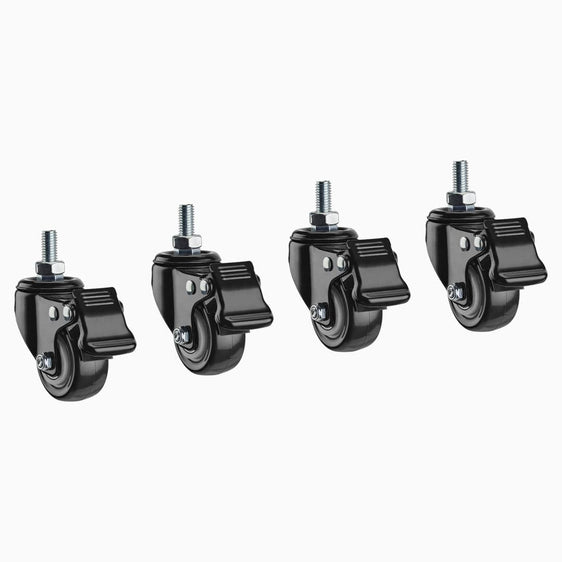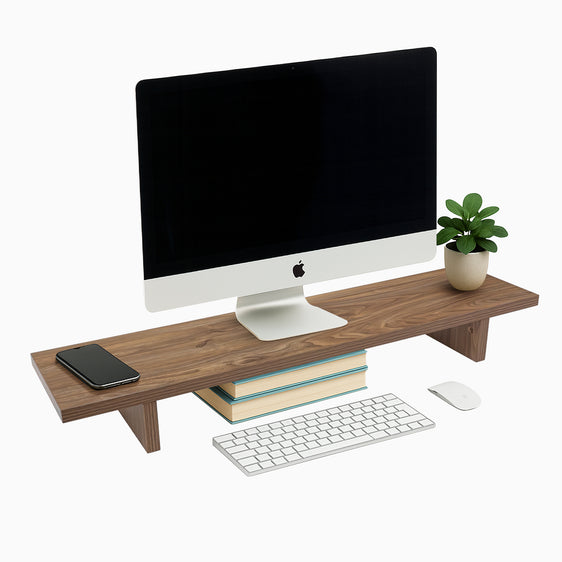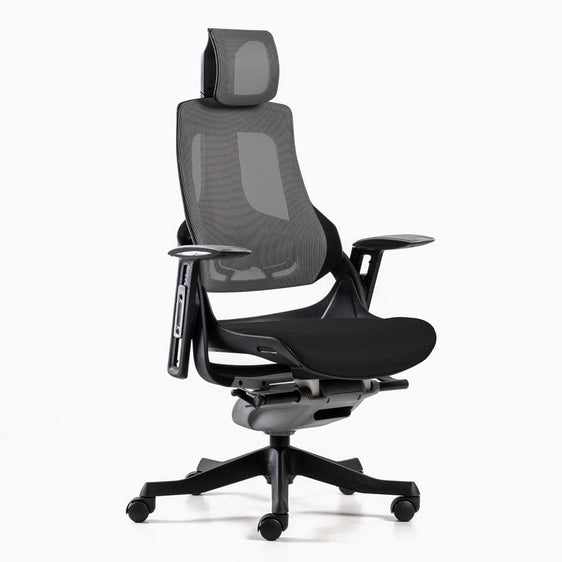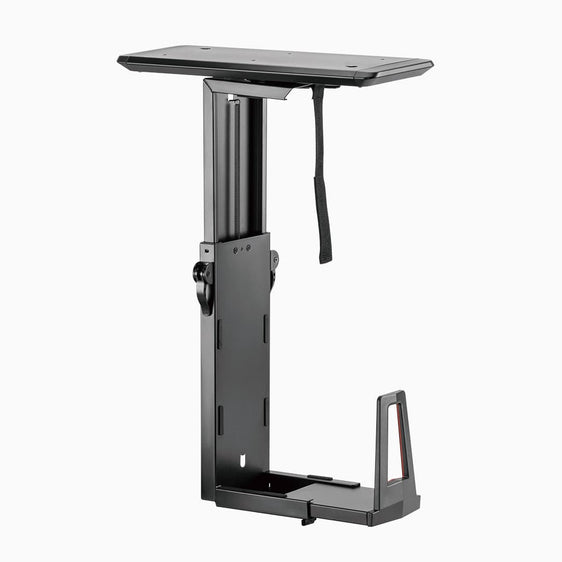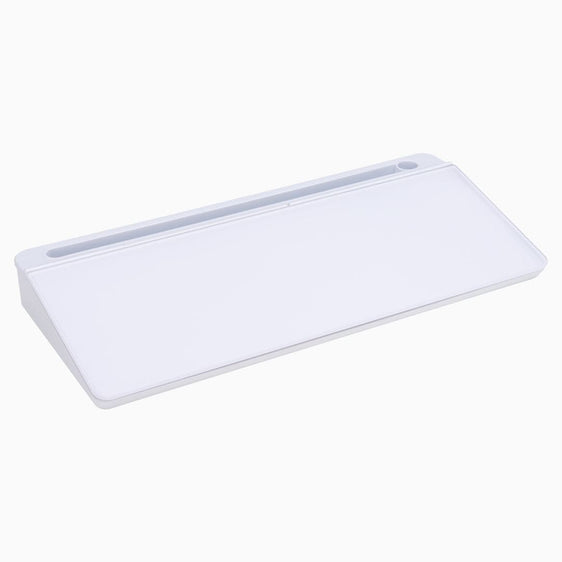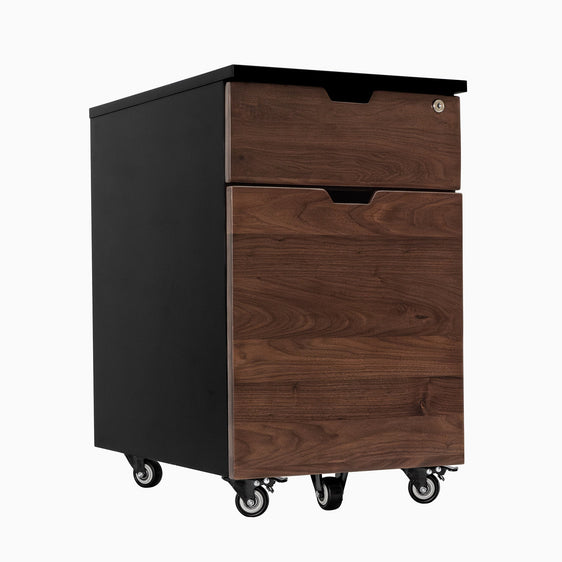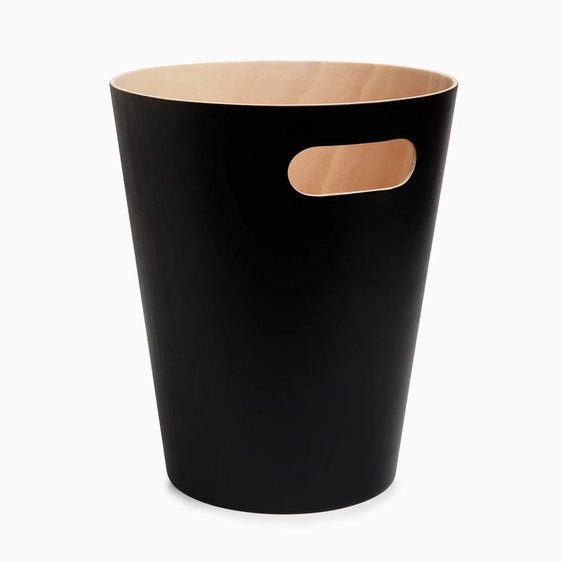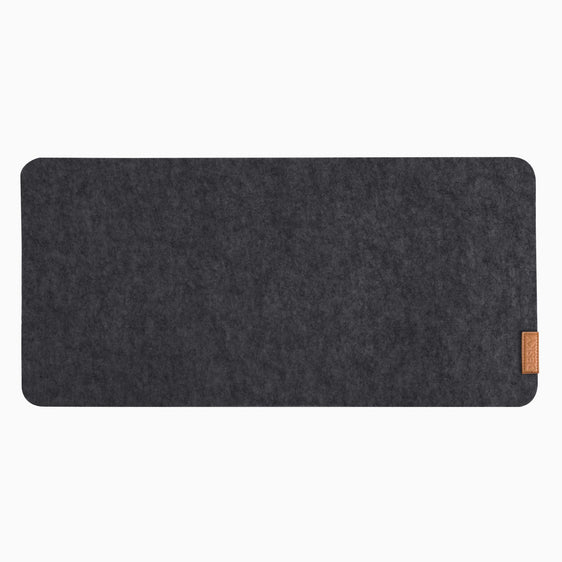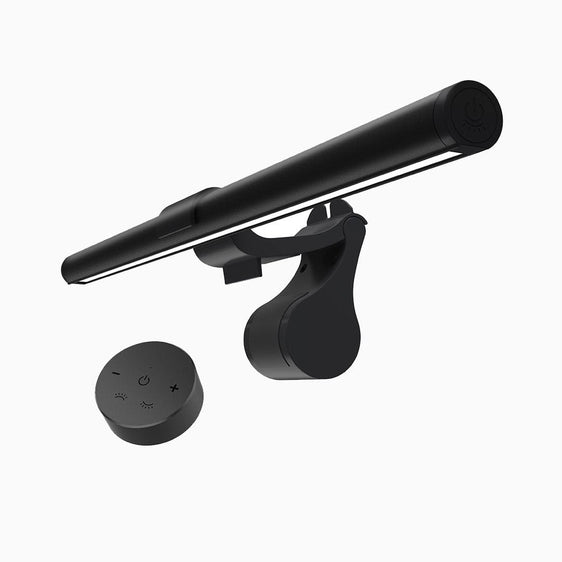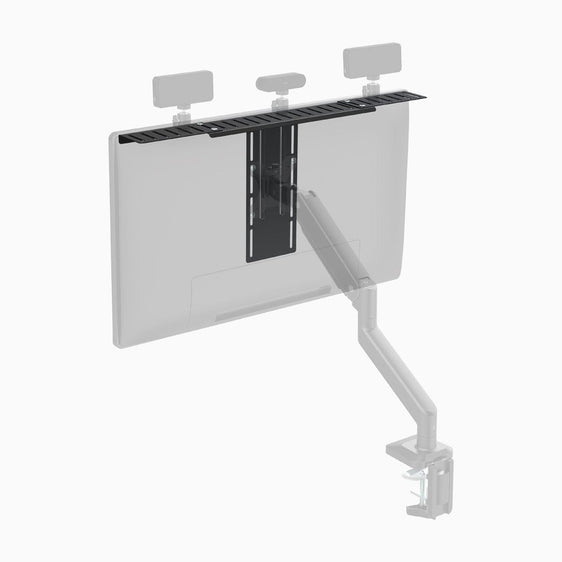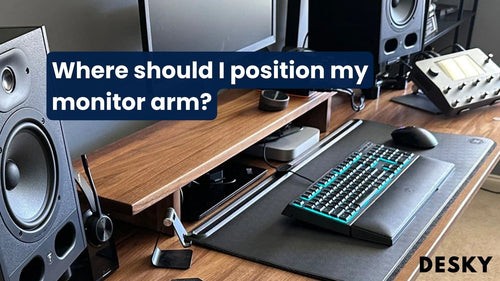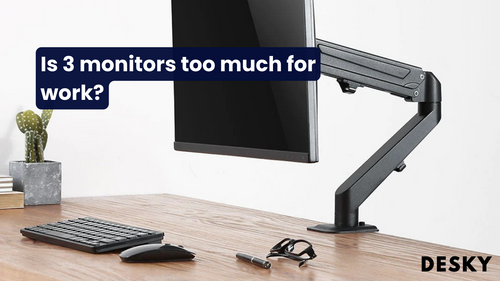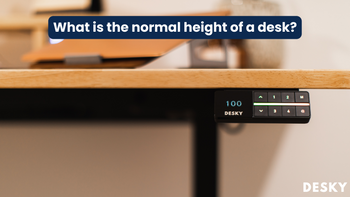
FAQ
What is the normal height of a desk?
Hayden AdamsIn response to frequent inquiries regarding the height of a desk, we've compiled this guide to provide clarity and help you find the perfect desk height for an ideal ergonomic workspace. Factors such as your height, the chair you are using, and your specific workstation setup significantly influence the recommended desk height.
Best Height For Ergonomic Table
There isn't a one-size-fits-all answer to this question, given that suitable desk heights directly depend on individual heights. Generally, ergonomic tables should fall somewhere between 71 and 76.2 cm tall.
This range is suitable for individuals who are between 172 cm and 178 cm tall. To ensure the best ergonomic setup, specific factors such as chair height, should also be considered.
Is 26 Inch Desk Too Low?
Generally, a desk height of 66 cm might be too low for many adults, particularly if you are taller than average. If you are shorter, a desk height closer to 66 cm might be more comfortable, but it's still on the lower end of the typical range.
Adults shorter than 162.5 cm could work comfortably at these desks while maintaining proper posture. Above all, remember that desks are not one-size-fits-all. The priority should be to ensure that the desk height permits natural movement of the legs.
29 Inches: Good Height For Desks?
Often, a 74 cm desk height serves well for many individuals. A fundamental ergonomic rule suggests that while typing or writing, a person's elbows should create a 90-degree angle. For most adults, desk heights vary between 71 and 76.2 cm. Nevertheless, taller individuals might find this height uncomfortable.
Is a 30 inch Desk Too Tall?
Typically, desk heights vary around 71–76.2 cm. In terms of ergonomics, a desk of this height is suitable for someone roughly 183cm tall. However, comfort is paramount over prevailing standards. Always opt for a desk height that enables a relaxed posture, with your feet flat on the floor and your arms at a 90-100-degree angle. If something feels off, check out What Happens If Your Desk Is Too High?.
32 Inches: Too Tall?
A vast majority of desks fall within the 76.2 to 81 cm height bracket. Yet, ergonomics experts often warn that 81 cm could be a strain for comfortable keyboard use.
It's normal to find this height too high, especially if you're typing for extended periods. There's increased pressure on your wrists, which might lead to discomfort and potential musculoskeletal problems.
For this reason, incorporating a keyboard tray into your setup becomes paramount. This setup makes the keyboard accessible at a lower, more natural position, relieving strain on the wrists.
36 Inches: Too High For Desk?
When considering a desk height of 91 cm, be aware that this falls above the generally accepted standard of 71 to 76.2 cm. A desk height of 91 cm is typically too high for a standard seated desk setup but might be suitable for a standing desk or a very tall individual.
A standing desk height of 91 cm can be suitable for individuals approximately 167 cm to 178 cm. However, this can vary based on personal comfort and posture.
{{ spec_dual_ergo_edge }}
Best Desk Height For Computer Work
Various elements contribute to selecting the ideal work desk height. As a rule of thumb, most desks range from 71 to 76.2 cm high, accommodating the average user within the height bracket of 173 cm and 177 cm using a conventional task chair. However, this measurement may change considerably if you are taller or shorter.
In contrast, for individuals utilising a saddle seat or perch, a significantly higher work surface is required. Necessarily, adjusting your work surface height to your specific ergonomic requirements can significantly improve your physical health over time. Incorporating furniture like the Desky's Height Adjustable Standing Desks could make vital adjustments much easier.
Ideal Height For Computer Desk Seat

A chair's selection at a computer desk should coincide with the desk's height to establish an ergonomic workstation. Standard desk height varies from 73 to 80 cm, with the ideal height alignment tailored to each user's individual needs.
For example, a desk height of approximately 71 cm is ideal for users standing between 165 cm to 173 cm. Adapting to such specific measurements can greatly improve comfort and reduce the risk of work-related musculoskeletal disorders.
How Low Desks Should Be
More than a simple measure, the right desk height lies at the intersection of multiple factors, such as user height, daily tasks, and equipment utilized at the desk.
For a figure, 71 cm is often considered an optimal desk height, particularly for individuals standing between 173 and 178 cm. Nonetheless, optimizing the height of your standing desk for best posture is advised for different body structures.
How Can I Increase The Height Of My Desk?
Should you need to increase your tabletop's height swiftly, consider bed risers. Place these beneath your table legs for an immediate boost. Available in plastic and wood options, these risers come in diverse sizes and shapes, ensuring versatile application. Always ensure to choose bed risers that can safely support the weight of your table to maintain security and stability.
What Can I Put Under My Desk To Make It Higher?
Desk risers provide a swift and inexpensive solution to desk height adjustments. Rendering your workspace more ergonomic, these risers can be slid under the legs or corners of your desk, effortlessly adding a few extra inches to your setup. Offering a wide variety of sizes and shapes, desk raisers are easily available online.
{{ spec_laptop_riser }}
Recommended Height For Standing Workstation Desk
For standing desks, the right height is key to ensuring proper ergonomics. You want a setup that promotes good posture, and the desk height is crucial in achieving this.
In order to determine the suitable height, pay attention to your elbow angle. When you are standing, your elbows should be bent at a 90-degree angle, and your hands should rest comfortably on your work surface.
Correct Height For Standing Desk
Standing desks have become a popular fixture in many contemporary offices. These desks allow more movement, contributing to improved health. When determining the correct height for a standing desk, 97 to 117 cm is a standard range, ideal for the average office worker.
This height range allows your elbows to form a 90-degree angle when performing office tasks such as typing or using a mouse. An adjustable desk can offer the flexibility to alter the height as per your individual needs.
Height For Desk Based On Your Height
People have differing body structures, making it vital to adapt your workspace to fit your physical dimensions. A general rule here is that the desk height should correspond with your elbow height when your forearms are parallel to the floor while seated. According to the American National Standard Institute, desk height should ideally range from 71 and 76.2 cm.
Use this handy Desk Height Calculator For An Ergonomic Office to efficiently determine the right dimensions for you.
Additional factors
- Individual preferences
- Intended tasks
- Type of chair and its height
Recommended Desk Height For 183 cm Person
When the desk user is a particularly tall individual—say, a 183 cm person - the height parameters must be accordingly adjusted for optimal comfort. A good rule of thumb is to add 25 mm to the desk space for every 7 cm of the person's height. In the case of a 183-cm-tall individual, a 71-cm desk height should fit just right.
How To Know What Size Desk To Get
Evaluating your workspace dimensions is crucial when contemplating desk size. Your desk should ideally accommodate the available room without causing discomfort or restricting movements. A larger room allows for more substantial desks, whilst smaller spaces might necessitate compact, space-saving designs like these desks for small spaces.
Desk placement factors:
- Window locations and sunlight direction
- Proximity to electronic appliances
- Room layout
Is It Better To Have A Desk Too High Or Too Low?
Both alternatives, too high or too low, are not ideal ergonomic scenarios. Over time, sitting at an improperly adjusted desk can result in postural issues, stress on the shoulders, and an overall strain on the arm muscles. This can adversely affect your posture, potentially causing permanent musculoskeletal conditions.
Conclusion
In summary, the standard height of a desk is as variable as we are diverse in sizes and sitting postures. It typically ranges between 71 and 76.2 cm, but it's critical to align the desk with your unique needs and height. This alignment optimizes comfort, enhances productivity, and minimizes work-related aches and pains.
Remember, your comfort matters as much as your work output, and the height of your desk plays a significant role in achieving this balance. Stay comfortable and productive with a desk that's just the right height. For more guidance on office ergonomics, feel free to explore Desky for your workstation needs.

